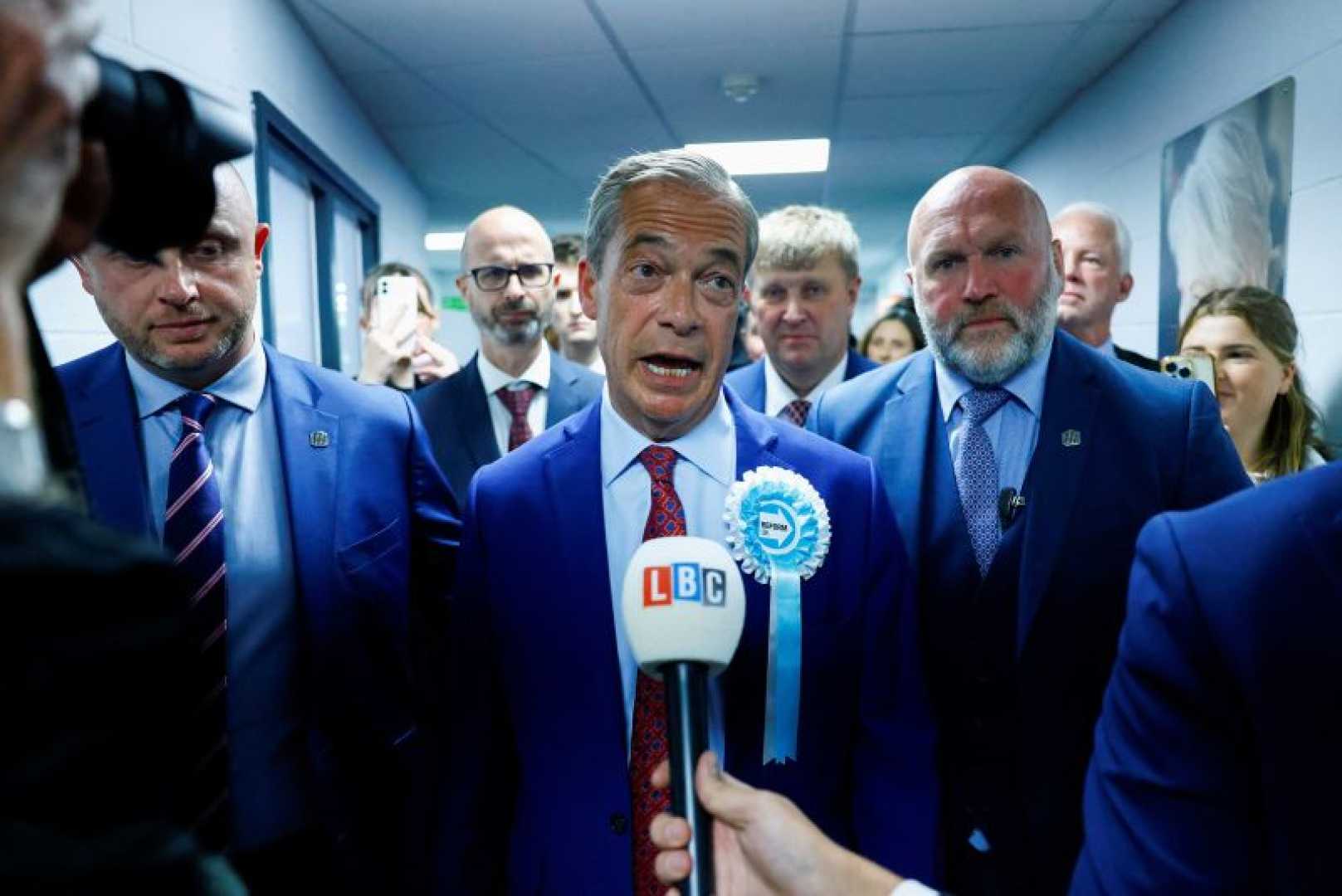Politics
Reform UK Secures Historic Parliamentary Win in Runcorn

LONDON (AP) — The hard-right party Reform UK, led by Nigel Farage, won a seat in Parliament by a narrow margin, signaling potential growth in British politics from recent local elections. Reform candidate Sarah Pochin triumphed in the Runcorn and Helsby constituency of northwest England by just six votes after a recount, defeating Labour‘s Karen Shore.
Labour had won the district comfortably in the previous year’s national election, but the resignation of their MP, Mike Amesbury, following a criminal conviction, opened the door for Reform. Farage called the victory “a very, very big moment indeed” and emphasized that his party is not merely a protest entity.
The local elections held on May 1 served as a litmus test for Prime Minister Keir Starmer‘s Labour government, which took power 10 months earlier. Both Labour and the opposing Conservative Party braced for possible losses amid shifting voter sentiments. Reform’s victory adds to its parliamentary representation, now totaling five seats in the House of Commons.
With Reform securing approximately 14% of the vote in the national elections last year, recent polls suggest that their backing may now rival or exceed that of Labour and the Conservatives. The party aims to become the leading right-wing force in the UK before the next national election, expected by 2029.
In another key result, Andrea Jenkyns, a former Conservative, won the newly established mayoralty of the Greater Lincolnshire region in east-central England. Labour retained three other mayoralties in the elections determining 1,600 seats across 23 local councils, as well as six mayoralties and one parliamentary seat.
The election results, pending final counts, indicate the potential for significant shifts in local governance, primarily held by Conservatives. Party leader Kemi Badenoch acknowledged that the outcomes could prove “very difficult” for her faction.
Political analysts note that Reform UK reflects a broader fragmentation of traditional British politics, with challenges now extending to both Labour and Conservative Party strongholds. Tim Bale, a politics professor at Queen Mary University of London, stated, “Reform is posing a significant threat to both Conservative and Labour” as they target working-class voters.
Farage, leading a populist agenda focused on immigration and governance reform, remains a polarizing figure. His party’s blend of traditional right-wing themes with innovative policies aims to capture a wide range of voter sentiment.
John Curtice, a political scientist at the University of Strathclyde, remarked on the implications of these results, highlighting the ongoing evolution in British political dynamics.












